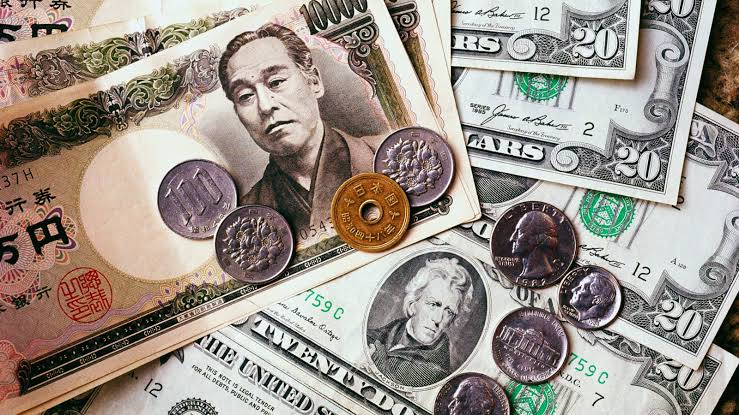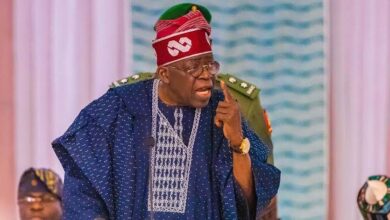Yen Hits 20-Year Low Against Dollar

The yen has dropped to its lowest level against the dollar in two decades on Wednesday, extending recent falls as the gap increases between Japan’s ultra-loose monetary policy and Fed tightening.
Regardless of being traditionally considered a safe-haven currency, doubt fuelled by Russia’s war in Ukraine has not allowed the yen to strengthen.
Rather, moves by the US Federal Reserve towards a more aggressive policy and the shock of rising oil prices in Japan – a major importer of fossil fuels – have pushed the currency lower, according to analysts.
One dollar bought 126 yen at about 06:30 GMT on Wednesday, the lowest rate since 2002.
“The Japanese yen has been one of the weakest currencies anywhere in the world this year,” Dutch banking group ING said recently.
“Driving the rally has been the perfect storm of a hawkish Federal Reserve, a dovish Bank of Japan (BoJ), and Japan’s negative terms of trade shock as a major fossil fuel importer.”
The yen had already lost 10 percent of its value against the dollar in 2021 after four years of unshaken strengthening.
The US central bank has taken a hawkish tone as it’s currently on an aggressive tightening path, pushing up American treasury yields which have strengthened the dollar against the yen.
On Wednesday, Bank of Japan governor Haruhiko Kuroda disclosed that the bank would maintain its monetary easing policies in order to reach its age-long two-percent inflation target.
He said, “Given the economy and price situation, the Bank of Japan will seek to realise its two-percent inflation target… by resiliently continuing its current powerful monetary easing”.
Swiss Bank UBS further said a weaker yen would likely hit Japanese households’ purchasing power and domestic-oriented small businesses who will face higher import costs.
“The government is offering fiscal supports and most likely will expand the supports. We think the JPY purchase intervention is possible if the pace of depreciation is regarded as too fast,” it stated in a note.
“We cannot completely deny the possibility of the BoJ adjusting policy to cope with public criticism on the yen’s depreciation”, UBS added.
Prime Minister Fumio Kishida did not say anything directly on the yen’s fall when asked on Tuesday. He however emphasised the importance of stability in foreign exchange rates.
According to him, “I will refrain from commenting on the level of exchange rates, but their stability is important and I think rapid fluctuations are undesirable”.



